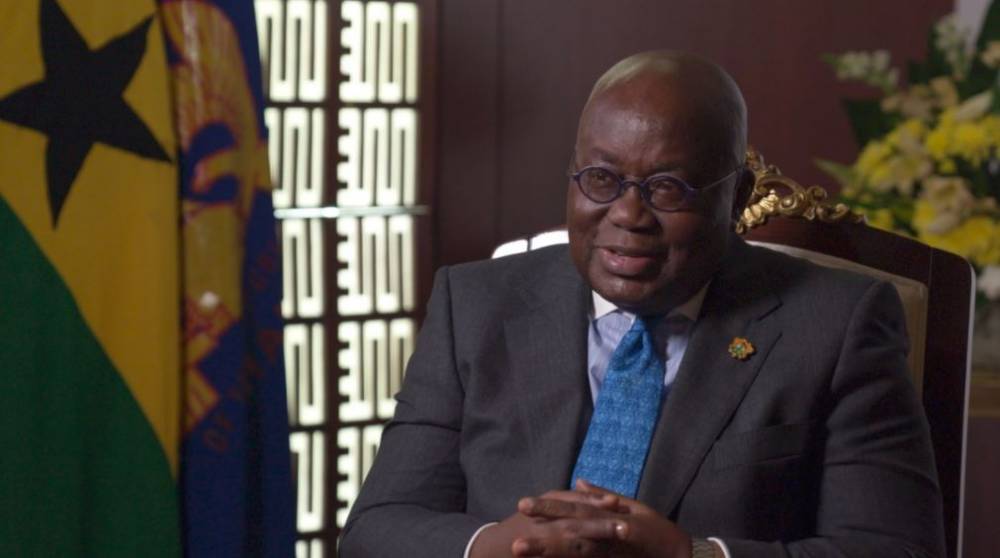
Ghana Launches West Africa First Fully Digital Census
Ghana launches West Africa's first fully digital census
Ghana has begun the long-awaited digital national census, the first of its kind in West Africa. This follows a trial that took place in select districts across the country in 2019.
The country's most recent census, conducted in 2010, estimated the population at 24.6 million. Since 1981, the country has conducted a Population and Housing Census (PHC) every ten years, but was forced to postpone the 2020 census due to the outbreak of the Covid-19 pandemic.
Now, the government has gone digital, utilizing tablets and satellite images to expand field agents' reach and ensure that the entire population of Ghana is counted on census night.
The digital census will be conducted using Computer-Assisted Personal Interviewing (CAPI) devices, which are tablet computers used to capture electronic data, and Geographic Positioning Systems (GPS) devices used to record the coordinates of structures.
According to the Ghana Statistics Service (GSS), which is responsible for collecting and collating national data, over 67,000 field enumerators have been deployed to collect data nationwide using electronic questionnaires on digital tablets.
According to Ghana's Chief Government Statistician, Samuel Kobina Annim, the field agents will target people on the move, those in short-stay institutions such as health facilities, hotels, and prisons, and those considered homeless in their locations.
An exercise that is "all-inclusive"
The historic digital census in Ghana fits perfectly with the government's goal of accurately capturing the total number of Ghanaians in the country, particularly the vulnerable population, for the purpose of improving national development.
“The 2021 census is unique in that it will utilize electronic tablets and the Internet to collect and transfer data, ensuring the delivery of high-quality and timely results to aid in decision-making,” President Nana Akufo-Addo stated in May when a countdown to the digital census was announced. Finally, this would aid in the country's socioeconomic planning and possibly aid in the fight against inequality by transforming the informal sector.
“Digitalisation will enable us to deliver results more quickly and accurately than we could previously with paper and pen data collection,” said Peter Takyi Peprah, the GSS's Field Operations Manager.
Ghana's informal economy is dominated by millions of street vendors and waste pickers. The majority of these people left impoverished rural areas in search of work and constitute a "floating population" that the government wishes to better capture in its database.
The census will also play a significant role in President Nana Akufo-2017 Addo's nationwide rollout of biometric identity cards. The new ID card requires a digital address code, which will be generated in large part by census enumerators.
“The counting that we do at GSS during a PHC is an all-inclusive snapshot of the population,” Annim added.
The government estimates that the fully digital PHC will cost $84 million, roughly 50% more than the last census. It brings the West African nation into the exclusive club of African countries that electronically collect national data, which currently includes only Swaziland, Malawi, and Kenya. Meanwhile, South Africa is preparing to conduct the world's first digital census.
Courses and Certification
Digital Communication Course and Certificate
Big Data Analytics Course and Certificate
SQL Database Course and Certificate
Python Data Science Course and Certificate
Data Mining Course and Certificate
Data Science Course and Certificate
Data Structure & Algorithms Course and Certificate
Data Warehouse Course and Certificate

